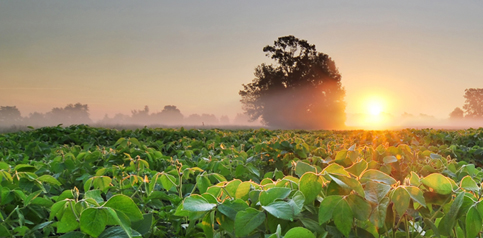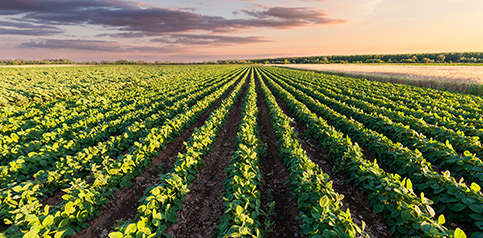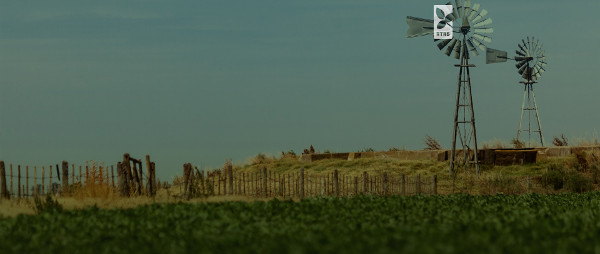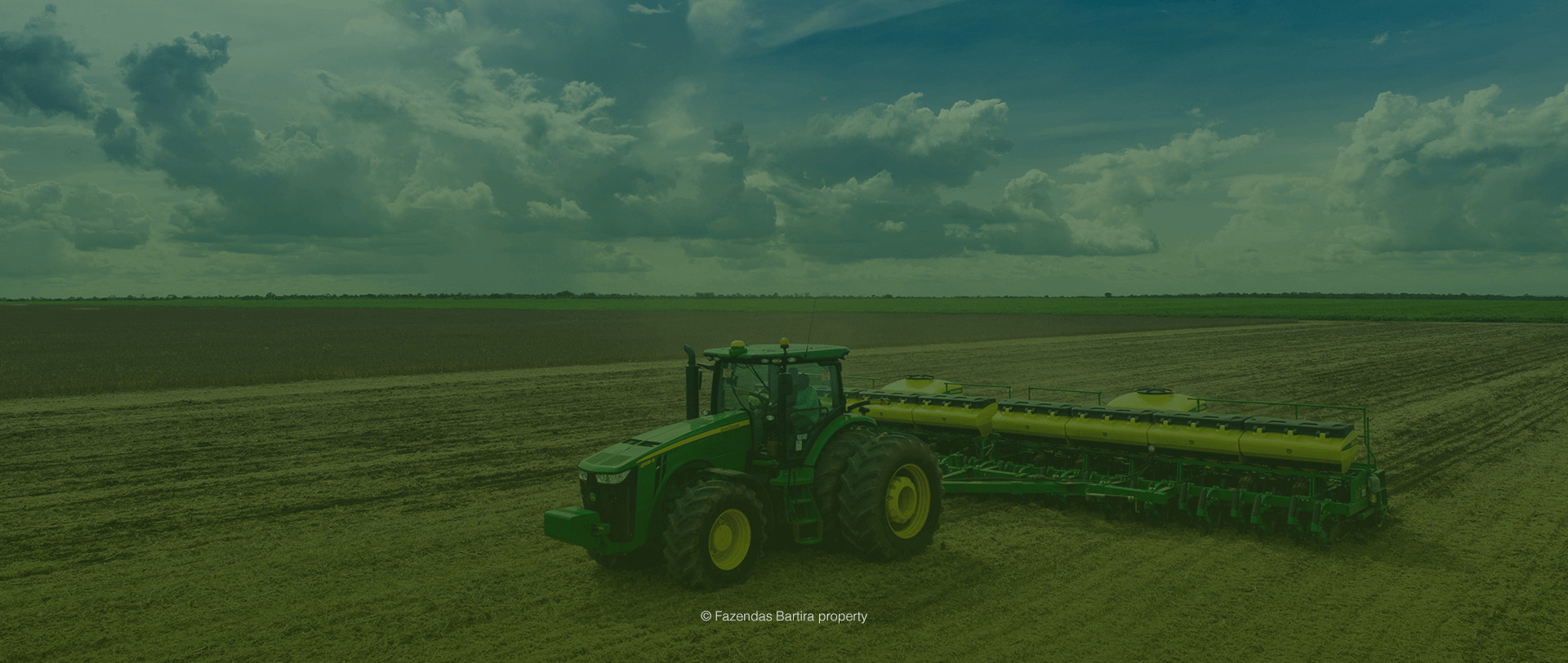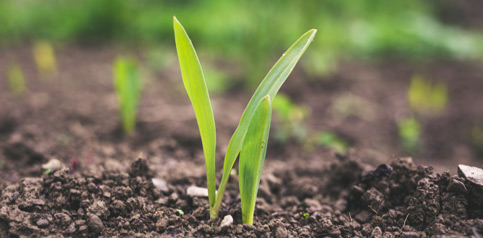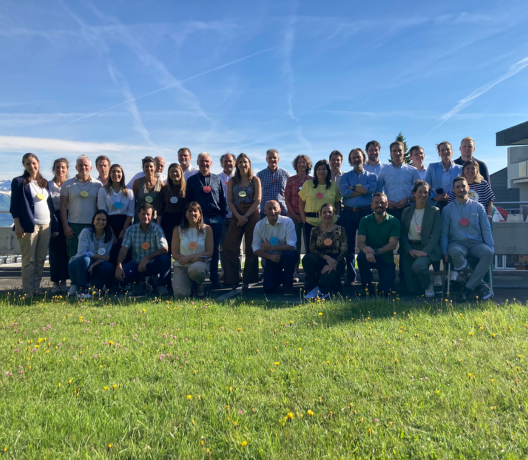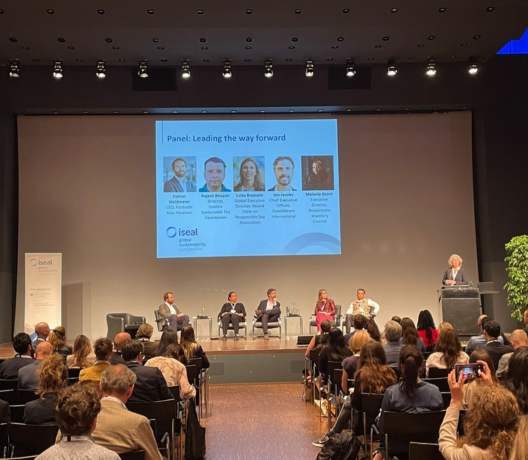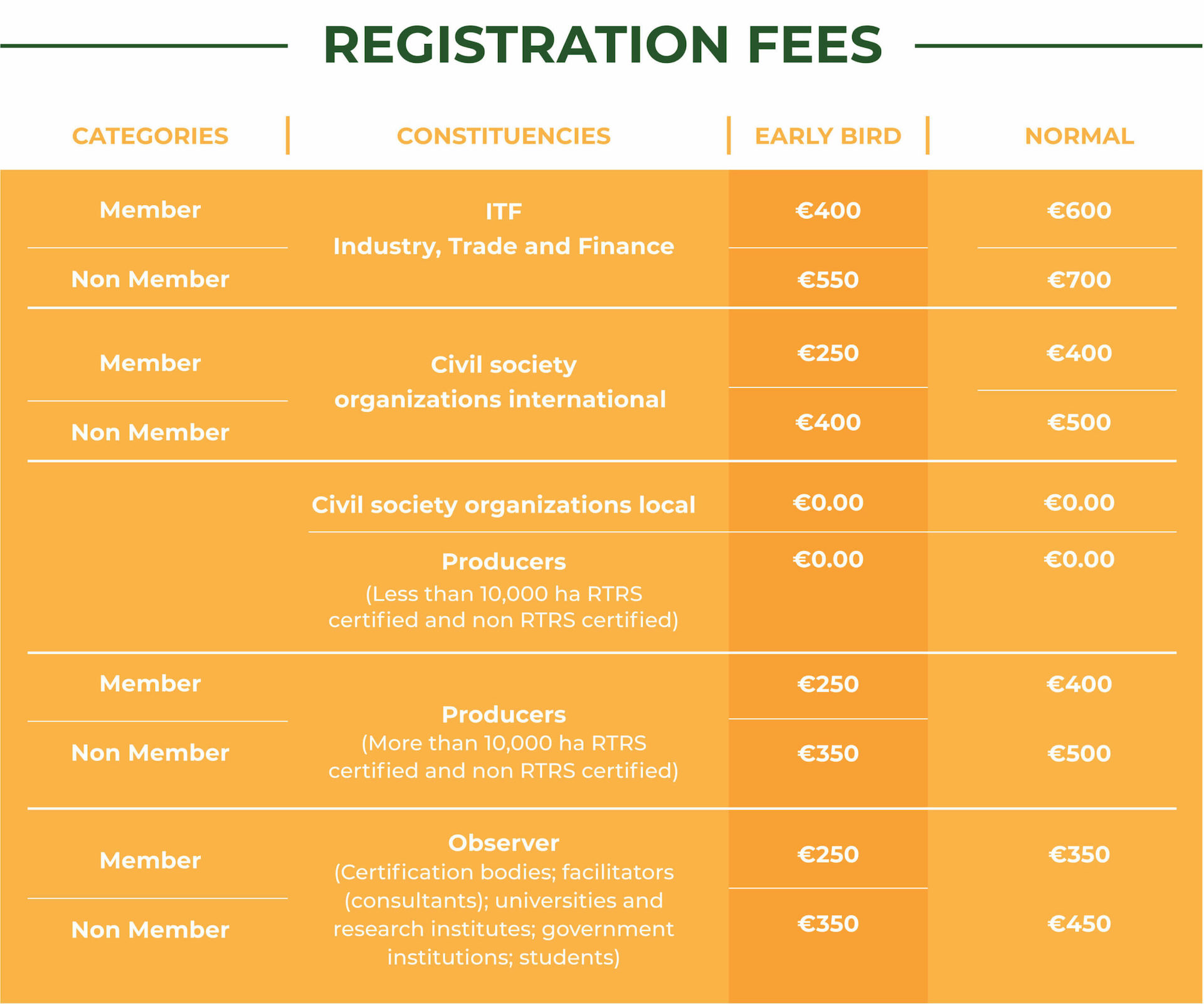RTRS most comprehensive standard for protecting against deforestation, independent study finds
In an international context characterised by ever-growing policymaker and consumer attention to deforestation and sustainability, a new study highlights the efficacy of sustainability certification standards in combating deforestation on soy-producing farms in Brazil. The independent study, titled “Mapping zero deforestation certification and private programmes for soybeans farming in Brazil”, was funded by The Kingdom of The Netherlands and lauded the Round Table on Responsible Soy Association (RTRS) as the most comprehensive standard for protecting against deforestation.
Building on the “Methodology for the Food and Agriculture Benchmark” proposed by the World Benchmarking Alliance, the study ranks each certification and private programme with a score from 0 to 4 across four key aspects: compliance with local legislation, strong stakeholder relationships, good agricultural practices, and effective deforestation control. By comparing these four different aspects the study concludes that RTRS is the most robust standard among those that were benchmarked.
RTRS was also praised as the most stringent for deforestation control among the audited programmes. This was thanks to the strict eligibility criteria defined in the sustainability standard and its transparency mechanism, whereby interested buyers can access information on farms’ and producers’ compliance.
In addition, RTRS stands out as the only voluntary certification programme that enables producers to decide freely where and to whom they sell their production, noting that RTRS producers do not face any market restrictions to sell their crops.
Although the study cautions that there may be financial barriers for some smaller farmers to join RTRS, it also highlights how, in order to facilitate access also for smallholder farms, RTRS provides solutions like Group Certification. Group Certification is an affordable and cost-effective way to certify production, while enabling smallholders to share trainings and skills, exchange technologies and learn best agricultural and commercial practices from each other.
We are encouraged by the recognition reflected in the findings of this report and would like to take this opportunity to reinforce our commitment (and that of our members) to continuous improvement and holistic approaches. While deforestation is a critical issue, so are conversion, legal compliance, good business and agricultural practices, responsible labour conditions and community relations. RTRS certification system goes beyond zero deforestation and zero conversion, promoting good business and agricultural practices, preserving biodiversity and protecting the rights, and the well-being of indigenous peoples and local communities.
Please feel free to reach out to us if you have any further inquiries, require additional information about RTRS certification or click here to access the full study.


